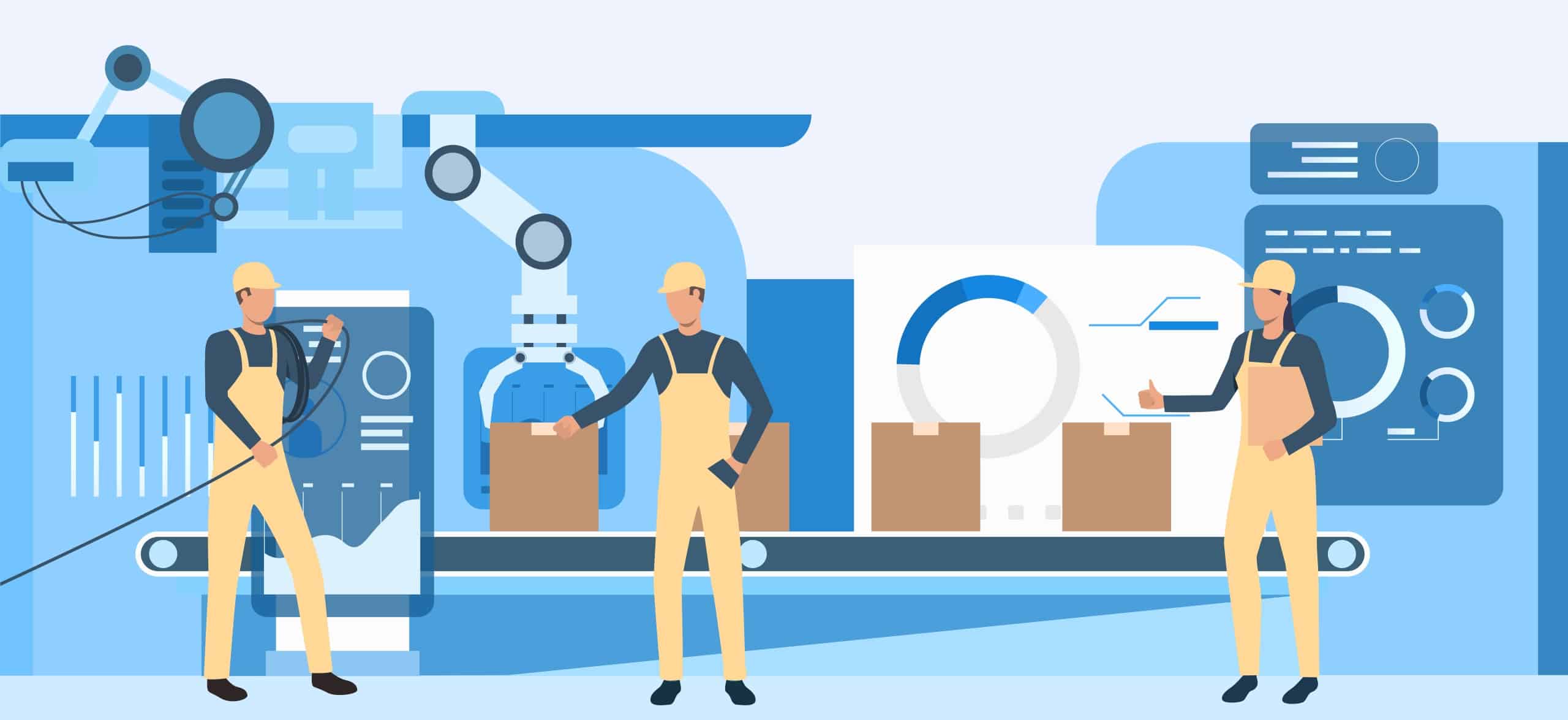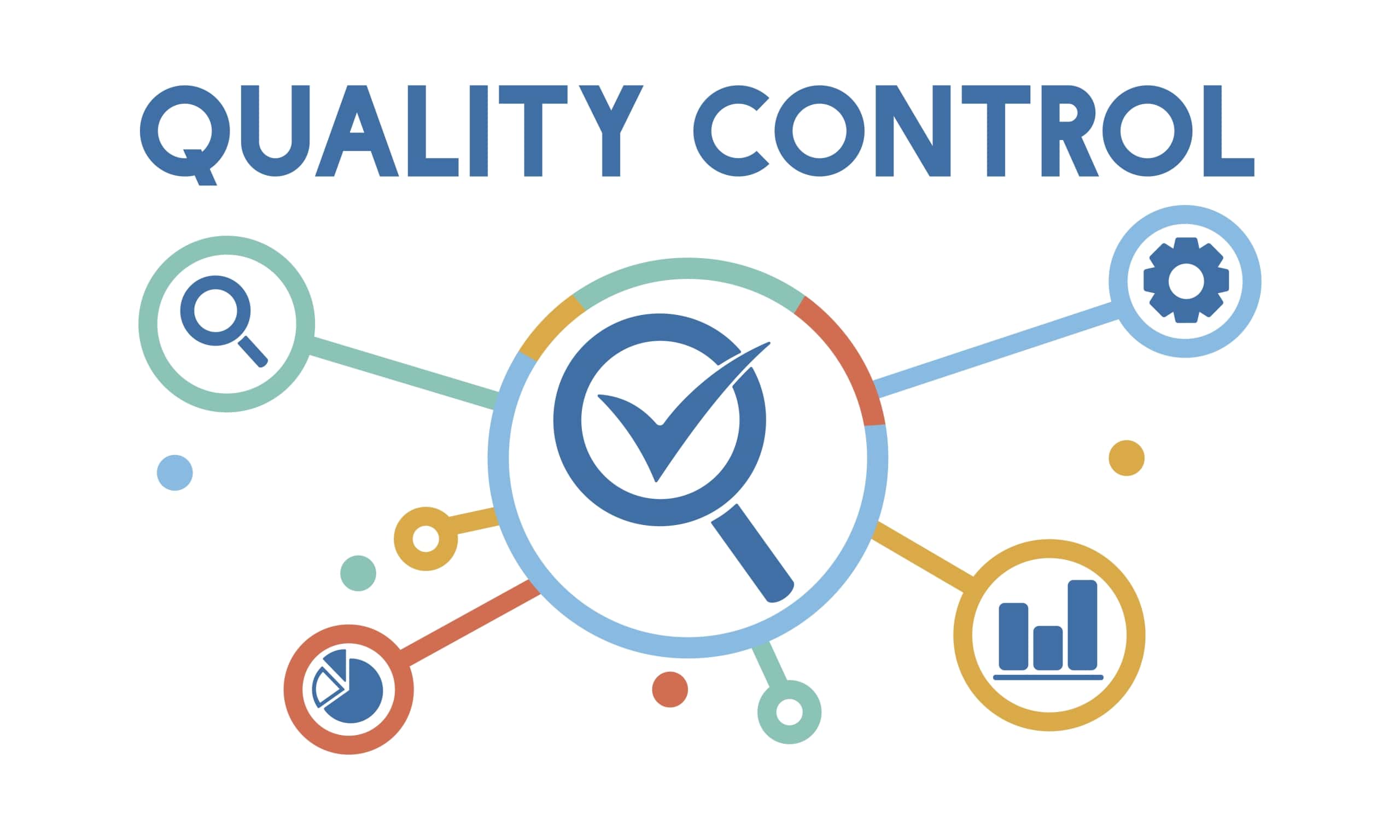Understanding Quantum Computing: Why It’s a Game-Changer
Quantum computing is a full paradigm change rather than only an improvement over conventional computing. Bits, which may be either a 0 or a 1, are used in classical computing to process information in binary form. However, qubits—which may exist in numerous states simultaneously due to a phenomenon known as superposition—are used in quantum computing. This enables quantum computers to solve issues that are almost difficult for traditional computers to solve by doing several computations at once.
That’s not all, however. Entanglement is another important idea. It allows two distant qubits to be coupled in a manner that their states instantaneously affect each other, regardless of their distance from one another. This phenomena significantly boosts quantum devices’ computing capacity. Quantum computers can solve complicated problems at a time by combining the concepts of superposition, entanglement, and other aspects of quantum physics. This allows for previously unheard-of speed and efficiency.
Quantum computing has the potential to provide ground-breaking solutions for wet wipes manufacturing and other related sectors where complex operations like supply chain management, production line optimization, and material procurement include many variables. Real-time simulation and optimization of these processes may save costs, shorten downtime, and even anticipate and lessen any interruptions. The potential uses of quantum computing in manufacturing and other sectors will only grow as technology advances, making it a real game-changer.
Optimizing Supply Chains with Quantum Algorithms
One of the trickiest problems confronting wet wipes manufacturers today is supply chain management, particularly in sectors like the manufacturing of wet wipes where logistics, worldwide sourcing, and demand fluctuations need careful planning. Only a small portion of a supply chain can be optimized by traditional computer techniques, which handle data sequentially and often depend on static models that are unstable to sudden changes. This is where the sophisticated algorithms of quantum computing come into play.
Compared to conventional computers, quantum algorithms are significantly more efficient in solving optimization issues. Logistics optimization is one of the most promising uses of supply chain management. A quantum computer, for instance, might simultaneously evaluate many variables, including the price of materials, the duration of shipment, the effects on the environment, and geopolitical issues. This would enable producers of wet wipes to identify the most economical and dependable paths for obtaining raw materials and delivering completed goods, all the while adapting quickly to changes in the market and unanticipated obstacles like supplier shortages or port closures.
Quantum algorithms are also very good at predicting demand. Quantum computing can evaluate massive volumes of real-time data, from consumer behavior to weather patterns, and forecast future demand more accurately than it can with only past data. By doing this, wet wipes manufacturers may better manage their inventories and reduce waste, storage expenses, and the chance of stockouts or overproduction.
Multi-echelon inventory optimization is a prime example, in which producers must control inventory levels at many points in the supply chain, from raw materials to retail. Multiple possibilities may be evaluated concurrently by quantum algorithms, which can then determine how much inventory to store at each step in order to optimize costs and guarantee on-time delivery. Wet wipes manufacturers might reach a degree of resilience and efficiency with these products that is just not possible with traditional techniques.
To put it simply, wet wipes manufacturers can now respond to supply chain issues proactively rather than reactively, which means smoother operations, lower costs, and quicker reaction times to market changes. Businesses that use quantum-driven supply chain optimization are positioned to lead the way in industrial innovation because to this cutting-edge capacity.
Streamlining Production Cycles for Maximum Efficiency
Wet wipes are made using a multi-step production cycle that involves mixing raw ingredients, folding and cutting textiles, applying solutions, and packing the finished goods. To guarantee efficiency, save waste, and satisfy demand without sacrificing quality, each step has to be precisely calibrated. Conventional optimization methods, which often provide marginal benefits, depend on past data and isolated changes. But the advent of quantum computing may provide a more dynamic and all-encompassing method of optimizing production cycles, allowing producers to achieve previously unheard-of levels of accuracy in every aspect of manufacturing.
Real-time simulation and modeling of complicated systems is a major benefit of quantum computing. Quantum algorithms allow makers of wet wipes to replicate the whole manufacturing process and find inefficiencies that traditional computers would miss. Quantum simulations, for instance, may optimize the speed and pressure settings of machines for different materials, leading to quicker production without sacrificing quality. This is achieved by simulating the interactions between different materials and equipment. As a result, there will be reduced downtime for repairs or calibrations, which will eventually save operating costs and boost production.
Quantum computing may also assist wet wipes makers in anticipating maintenance requirements before issues arise. Quantum systems analyze real-time data from sensors placed in industrial gear to identify wear and misalignment, which might be subtle indicators of a failure. This makes it possible for manufacturers to plan maintenance ahead of time, preventing expensive downtime and guaranteeing that the equipment runs as efficiently as possible. Production cycles can continue without interruption thanks to this predictive capabilities, which helps businesses achieve strict delivery deadlines and cut down on delays.
Energy optimization is one area where quantum computing excels. The production of wet wipes uses a lot of energy, particularly when heating, cooling, and fabric treating are involved. Quantum algorithms have the ability to examine how energy is used throughout the production cycle and provide improvements that lower energy consumption without compromising output. This may help a company’s environmental objectives and drastically reduce utility bills. Quantum systems, for instance, may balance the load across machines to avoid energy spikes or even recommend more energy-efficient times to execute certain activities depending on grid demand by evaluating energy flows in real-time.
Last but not least, quantum computing can enable last-minute manufacturing modifications. Wet wipes manufacturers often have to swiftly modify their production lines in a fast-paced market to make room for new items or changes in consumer demand. Quantum computers are capable of analyzing a wide range of data, including production schedules, machine settings, and material availability, to recommend the most effective approach to transition from one kind of wet wipe manufacturing to another. This may help producers react to market changes or customer needs more rapidly by cutting down on the amount of time needed for changeovers.
To sum up, wet wipes manufacturing may streamline production cycles with the help of quantum computing. Quantum technology gives producers the knowledge they need to enhance efficiency and maintain competitiveness in a market that is changing quickly, from optimizing equipment settings and decreasing energy usage to allowing predictive maintenance and quick changeovers.
Advanced Material Handling: The Quantum Leap
Material handling is a crucial procedure in the wet wipes industry that has an immediate influence on cost control, product quality, and production efficiency. Historically, wet wipes manufacturers have controlled the handling of materials such as non-woven textiles, lotions, and packaging on manufacturing lines using human adjustments, trial-and-error techniques, and simple software. But with its sophisticated modeling and prediction capabilities, which might make material handling more accurate and effective, quantum computing is set to revolutionize the game.
One of the most potential uses of quantum computing for material management is the real-time simulation of molecule behaviors and structures. Wet wipes manufacturers use a range of materials, each with specific qualities that might influence the manufacturing process, such as synthetic polymers and biodegradable fibers. Before these materials are produced, producers may use quantum simulations to forecast how they would perform in certain scenarios, such as heat, pressure, or contact with particular chemicals. With this degree of understanding, producers can optimize their machines for efficient handling, eliminating material waste and equipment wear and tear.
Additionally, the use of quantum technology greatly streamlines the creation of novel wet wipe materials, such as environmentally friendly or very durable alternatives. Quantum computing, for example, can simulate the molecular interactions among additives, liquids, and fibers, enabling producers to test possible material blends in virtual settings. This drastically cuts down on the amount of time and money needed for research and development. Because of this, businesses are able to launch cutting-edge, high-performing wet wipes faster and remain ahead of consumer trends without having to wait for the customary delays that come with trial-and-error testing.
Additionally, the way wet wipe manufacturers manage multi-layered materials might be revolutionized by quantum computing. Many wet wipes are made up of many layers, each of which has a distinct function, such as softness, durability, or moisture retention. In order to handle these intricate structures, machinery must operate at the proper force and speed while in manufacturing. Layer separation, uneven lotion distribution, and product defects may be avoided by wet wipes manufacturers by accurately calibrating their gear for flawless layer integration using quantum algorithms. This eventually improves both manufacturing efficiency and product quality by producing a more consistent product with reduced material waste.
Automated quality control is another important area where quantum computing improves material handling. Wet wipes manufacturers can almost instantly identify any irregularities in the material handling process thanks to quantum algorithms that analyze data from cutting-edge sensors in real time. For instance, the system may instantly modify machine settings to account for minor differences in thickness or elasticity in a batch of fabric, guaranteeing that the remainder of the batch satisfies quality requirements without the need to stop production. This degree of reactivity lowers the amount of expensive product recalls, boosts throughput, and lowers the quantity of faulty items.
Lastly, raw material supply chain optimization is possible with quantum computing. Managing materials effectively involves more than just what occurs on the production line; it also involves making sure resources arrive on schedule and in ideal shape. By anticipating the most advantageous shipping routes, storage conditions, and inventory levels, quantum computing may enhance supply chain operations. Materials that are susceptible to changes in temperature or humidity, for instance, might be tracked throughout the whole supply chain, and before they reach the manufacturing line, quantum algorithms would make sure they are treated carefully to preserve their quality. This results in a more efficient, economical operation that cuts waste and guarantees that production schedules are fulfilled without experiencing a scarcity of materials.
In conclusion, wet wipes manufacturers should expect a major leap in improved material handling thanks to quantum computing. Quantum technology offers real-time simulations, predictive insights, and responsive automation that may significantly increase the precision and efficiency of handling even the most complicated materials. Reductions in material waste, a quicker time to market for new goods, and a notable increase in overall production quality and profitability are all anticipated by manufacturers using these quantum-driven processes.
Real-Time Quality Control: Leveraging Quantum for Predictive Insights
Ensuring uniform quality across millions of units is a persistent difficulty in the wet wipes manufacturing industry. The majority of today’s quality control systems are based on small-scale production run sampling from traditional computer models or human inspections. Although somewhat successful, this method has holes where flaws might go undiscovered, resulting in product recalls or unhappy consumers. Real-time quality control may transition from reactive to predictive with the advent of quantum computing, significantly increasing product uniformity and cutting waste.
The power of quantum computing is in its capacity to analyze enormous datasets and reveal patterns that conventional systems would not be able to recognize due to their complexity. This implies that quantum algorithms may evaluate production data in real time for quality control purposes, keeping an eye on variables like material integrity, machine performance, and ambient conditions all at once. Through the integration of sensor technology and quantum computing on manufacturing lines, makers of wet wipes may gather and analyze comprehensive data on every product as it passes through the line. To guarantee that every product meets the highest quality requirements, any problems may be identified and fixed as they come up rather of waiting until the end of the process to check for flaws.
Predictive maintenance is one of the most potent uses of quantum computing in real-time quality control. Quantum algorithms forecast when a machine component is likely to break or deviate from specification by monitoring machine performance constantly and comparing it to past data. By taking a proactive stance, wet wipes manufacturers may plan maintenance far in advance of any real downtime, preventing production halts and lowering the need for urgent repairs. Furthermore, the precise timing of machine calibration adjustments to maintain peak performance may be predicted by quantum-powered systems, which adds even more accuracy to the wet wipes manufacturing process.
Additionally, automated flaw identification at a hitherto unachievable granularity is made possible by quantum computing. For instance, human inspection techniques or traditional systems often miss minute differences in the thickness or absorbency of wet wipes. Nevertheless, real-time analysis of complex chemical data and sensor inputs by quantum algorithms allows them to identify these variances far in advance of their manifesting as defects in the product. Without pausing for lengthy manual quality checks, wet wipes manufacturers may instantly modify production parameters or machine settings to guarantee that the whole production run satisfies the required criteria.
Another noteworthy benefit of quantum computing in quality control is the feedback loop it offers. A dynamic feedback loop is established between machines, materials, and production operators in quantum systems, in contrast to classical systems that provide only post-production information. Real-time feedback of possible problems, such changes in material qualities or ambient circumstances, is given back into the system by quantum algorithms as they see patterns. After then, machines may automatically modify their operations to ensure that any new problems are fixed before they cause flaws in the finished output.
Furthermore, quantum computing improves supply chain material monitoring, which fortifies quality control even more. Wet wipes manufacturers often work with a number of vendors for packaging materials, textiles, and solutions. Since quantum systems are able to track down the source of materials, they can make sure that every part used in manufacturing satisfies regulations before it leaves the supplier. Quantum systems are able to detect and isolate issues early on, before they have an impact on the whole production cycle, by keeping an eye on components and raw materials throughout the whole supply chain.
Quantum-powered quality control’s real-time capability is also essential for cutting waste. If flaws are discovered too late in the process, traditional quality control often leads to the rejection of whole product batches. When an abnormality is detected, wet wipes manufacturers may quickly make improvements using quantum computing, resolving the problem without having to throw away a lot of inventory. By reducing waste, this not only increases the manufacturing line’s efficiency but also helps environmental efforts.
In conclusion, real-time quality control in the production of wet wipes is revolutionized by quantum computing. Thanks to its automated fault detection, dynamic feedback systems, and predictive capabilities, quantum computing guarantees unparalleled accuracy and consistency in product production. Wet wipes manufacturers may usher in a new age of quality control innovation by using quantum insights to not only improve customer satisfaction and product dependability, but also decrease waste and downtime.






